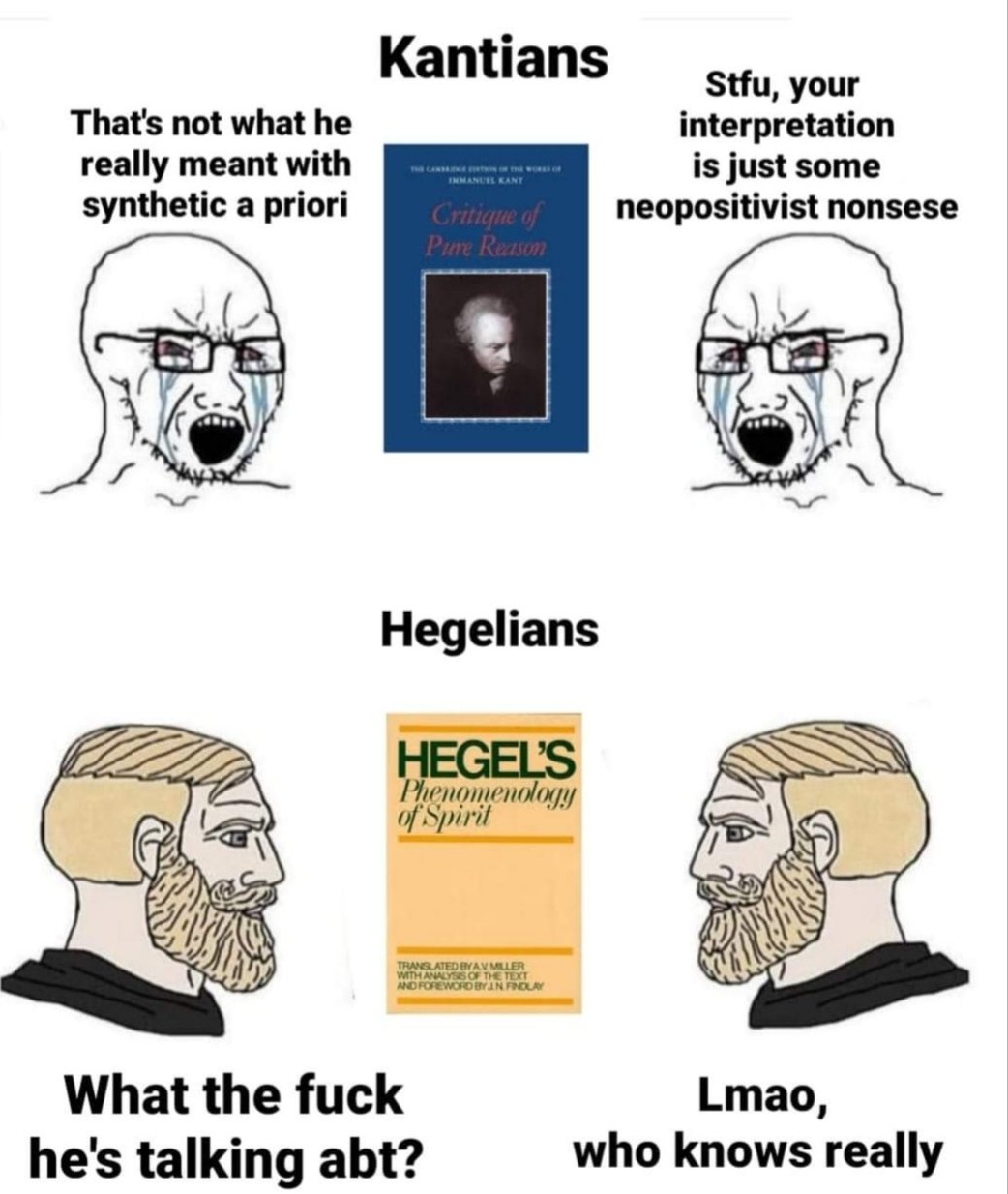Don't Breathe (2016)
IngrownMink4
I think Detroit: Become Human was the first game I ever platinum-ed. I was really looking forward to playing it when it was announced, even more so knowing that it was being developed by the creators of Heavy Rain. But Detroit: Become Human seems even better to me in many ways.
One of the things I liked the most was the setting. A fictional Detroit going through a serious economic crisis due to the monopoly of Cyberlife, the company that manufactures the androids. The city is full of interesting details, such as electronic magazines, which put you in context about what is happening outside Detroit. The characters are very well written, and I myself at least became very invested in most of them (Hank, for example). The character modeling, subplots and use of narrative are also great.
One of the drawbacks is that in some outcomes, you are severely punished for resorting to violence (even if it's justified). And trust me, when you play this, you will know what I'm talking about. These are the kind of decisions that leave you with a bad taste in your mouth if you make the “wrong” choice.
Despite this, it's a great game IMO :)

Lexend. It’s a font designed with research to have variable widths to aid legibility.
It's cool, but I personally prefer Atkinson Hyperlegible Font for that usecase
As a Terminus fanboy, I love it! Thanks for sharing!
All the fonts I have mentioned are free and open source! They're all licensed under the OFL license. I hope you like my suggestions :)
My favorite Serif fonts
My favorite Sans-serif fonts
My favorite Display fonts
My favorite Monospace fonts
But over time I started recognizing a lot of the same usernames, and it really just hit me that you guys are some of the most empathetic and loving people I’ve come across on the internet […]
Totally agree. I've been on Lemmygrad since before GenZedong was quarantined on Reddit. There were only a few of us, but I could immediately recognize a few other users when I made posts. Almost every conversation has been great here. It's something I didn't notice on any other centralized social network. And the fact that this community feels like an authentic community is also incredible.
This might be a super sappy post, but you know what, I don’t care. Making the switch from Reddit to lemmygrad was the best social media decision I ever made […]
While this may be a "sappy" post, I think these posts are necessary for people who use Lemmygrad to understand that it has an impact on the lives of other comrades. Many people come to this community for advice or just to vent. It's something that would be impossible on Reddit because of the toxic nature and dark patterns that hide all the most successful social networks to succeed.
any user who fails to do so will be found guilty of liberalism
Dammit, I'm late :c
Happy birthday anyways! @Oppo@lemmygrad.ml
Here (unfortunately)
GNOME FTW 😎 enjoy your new hardware!!



Happy New Year :D